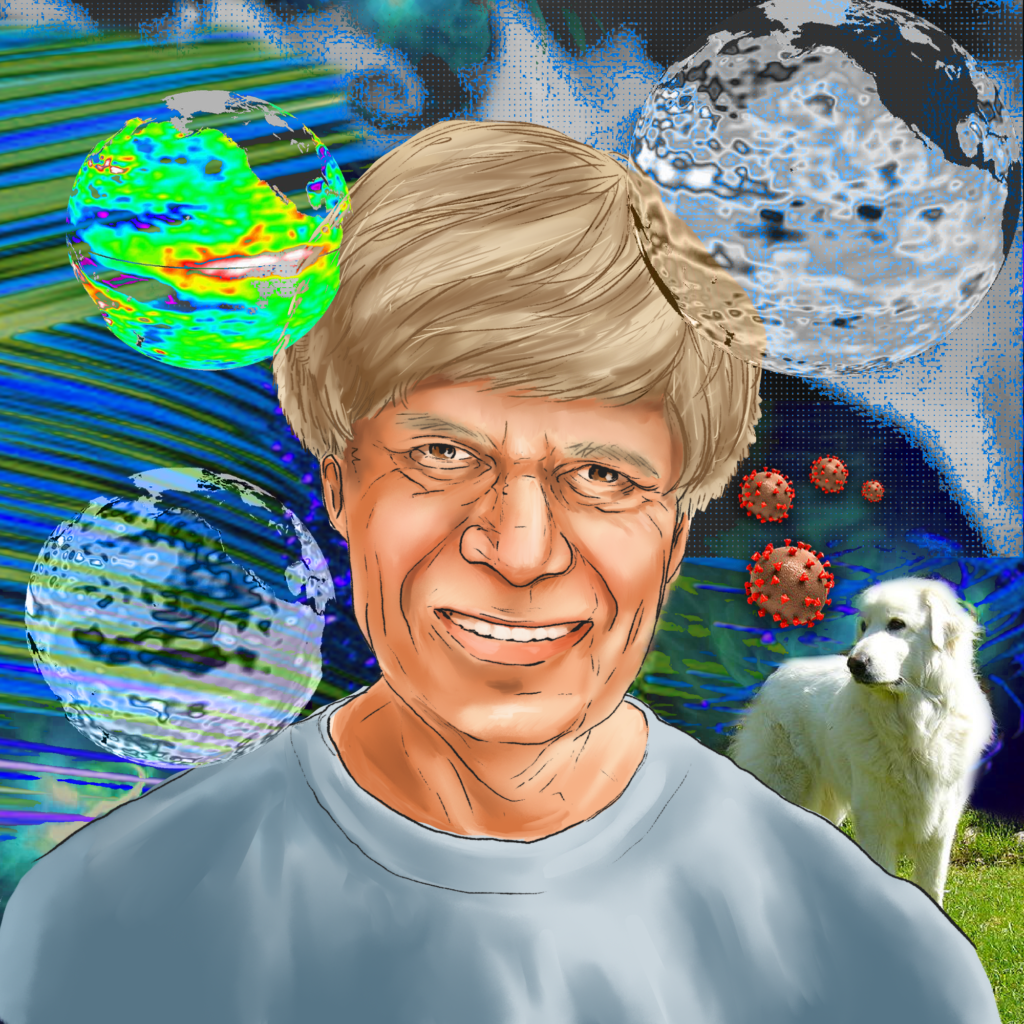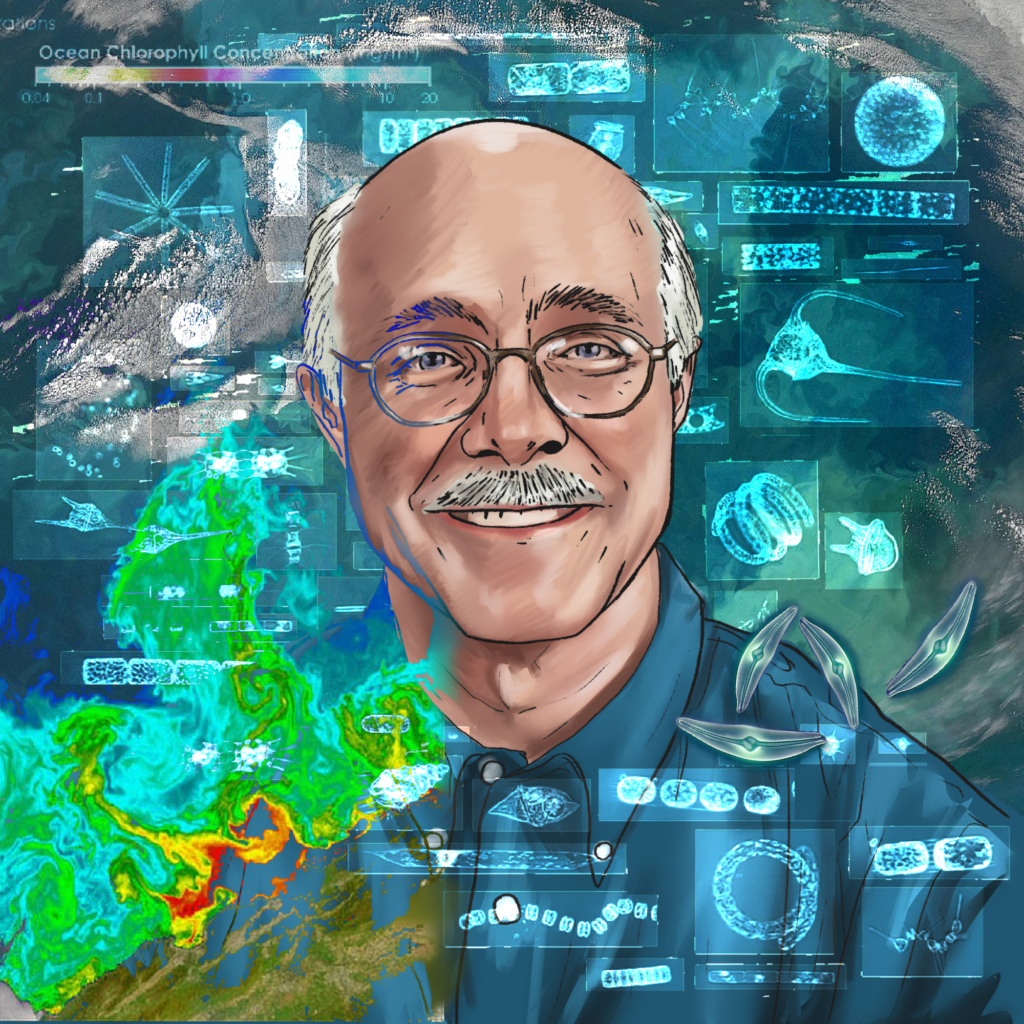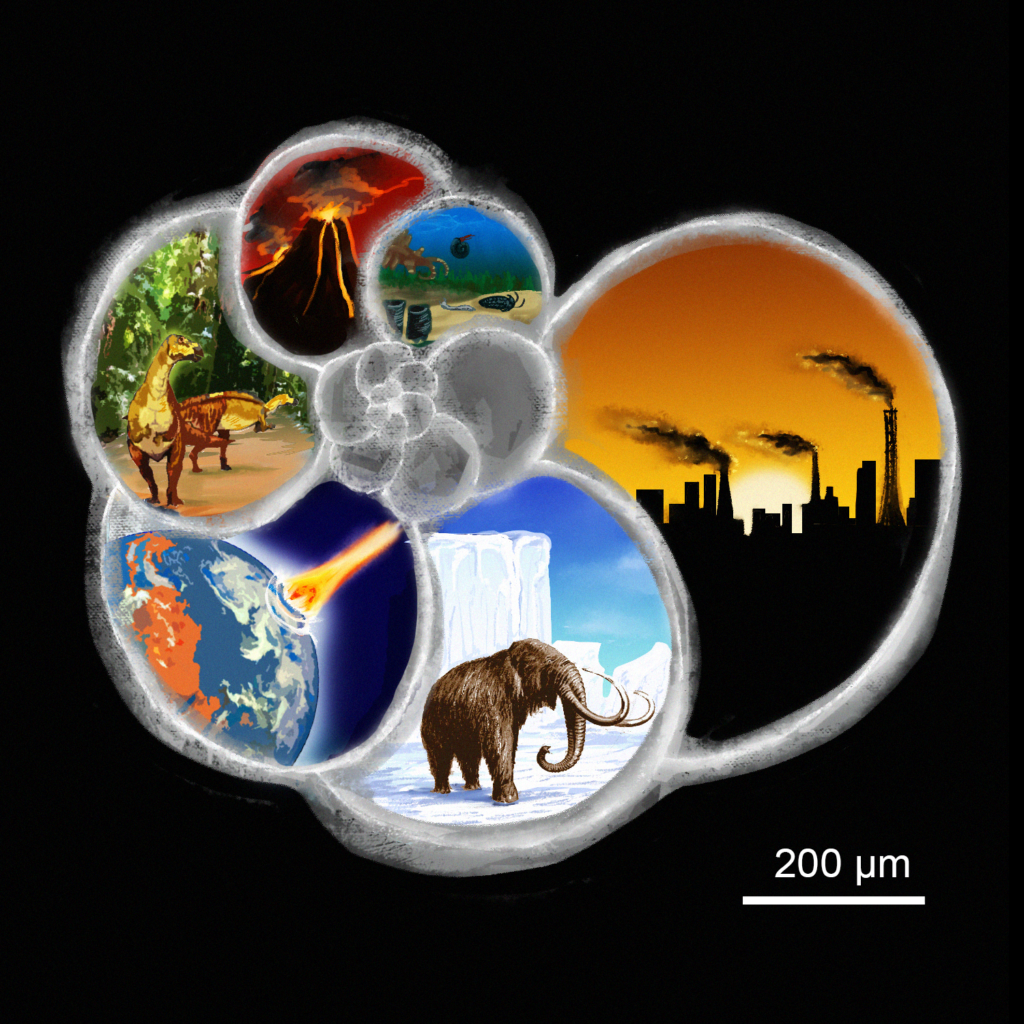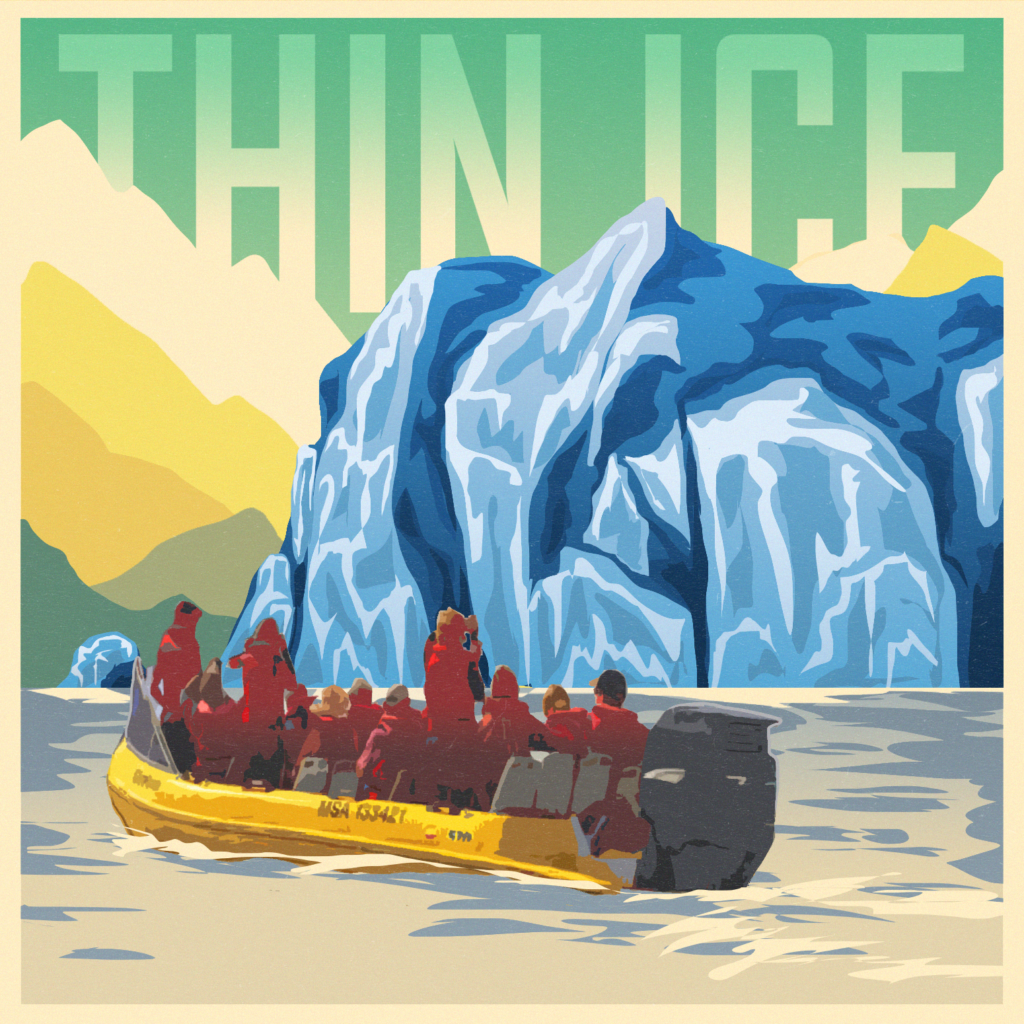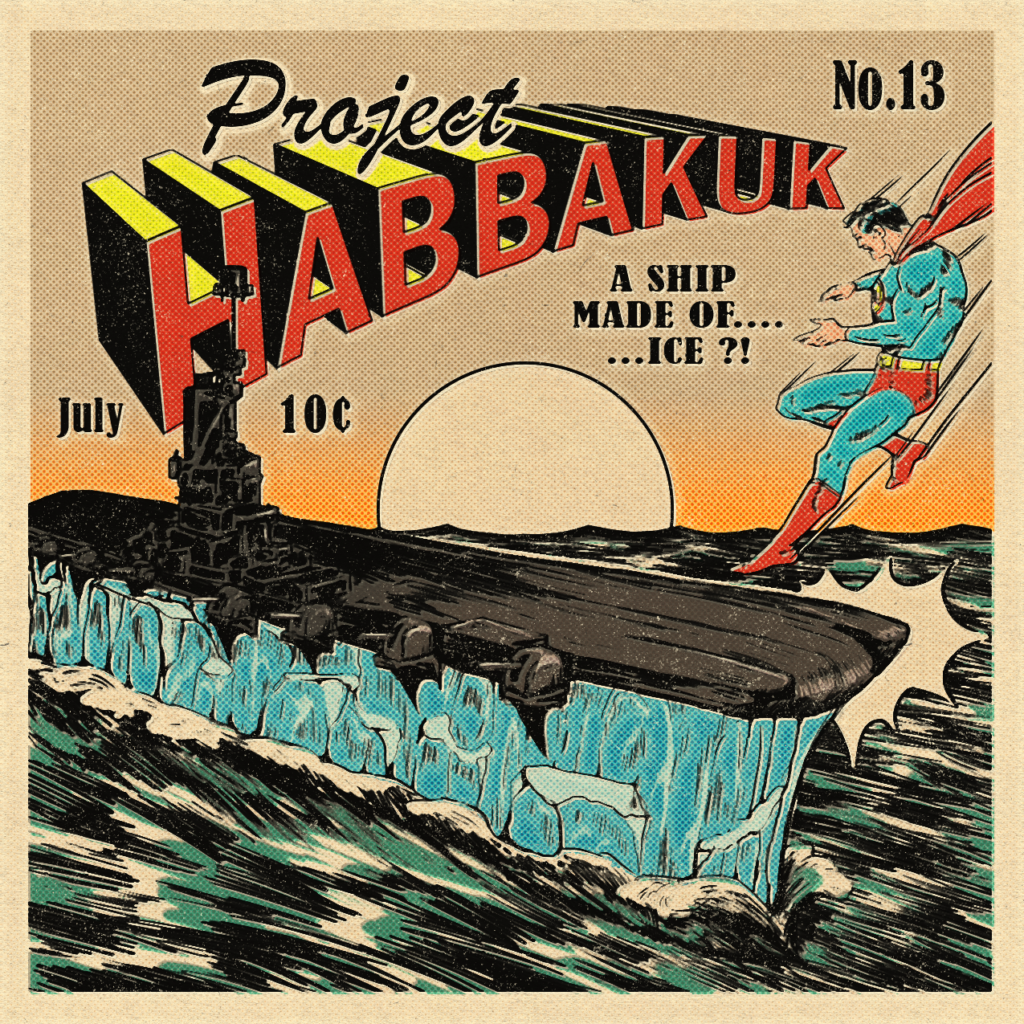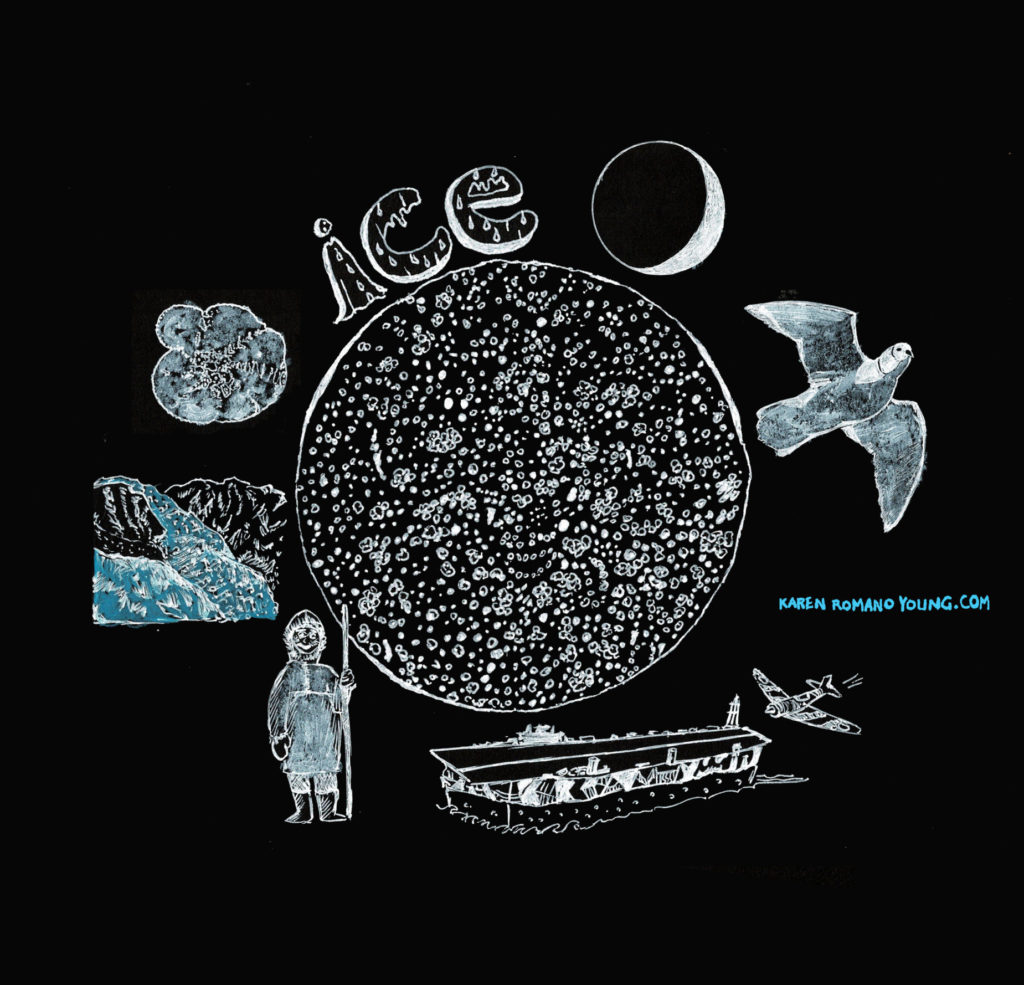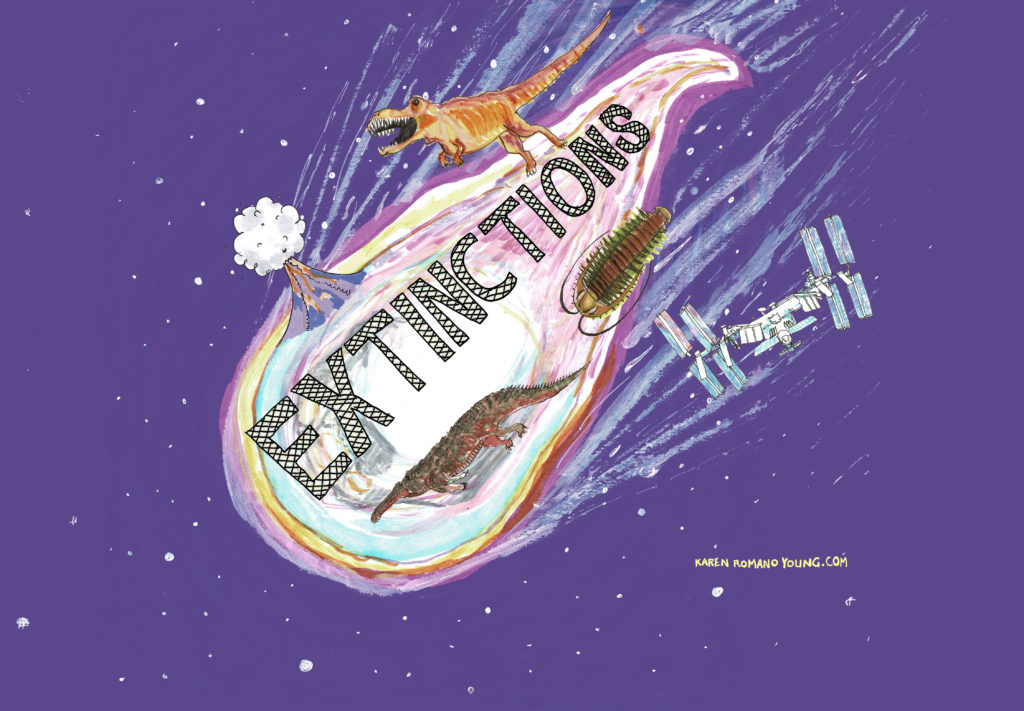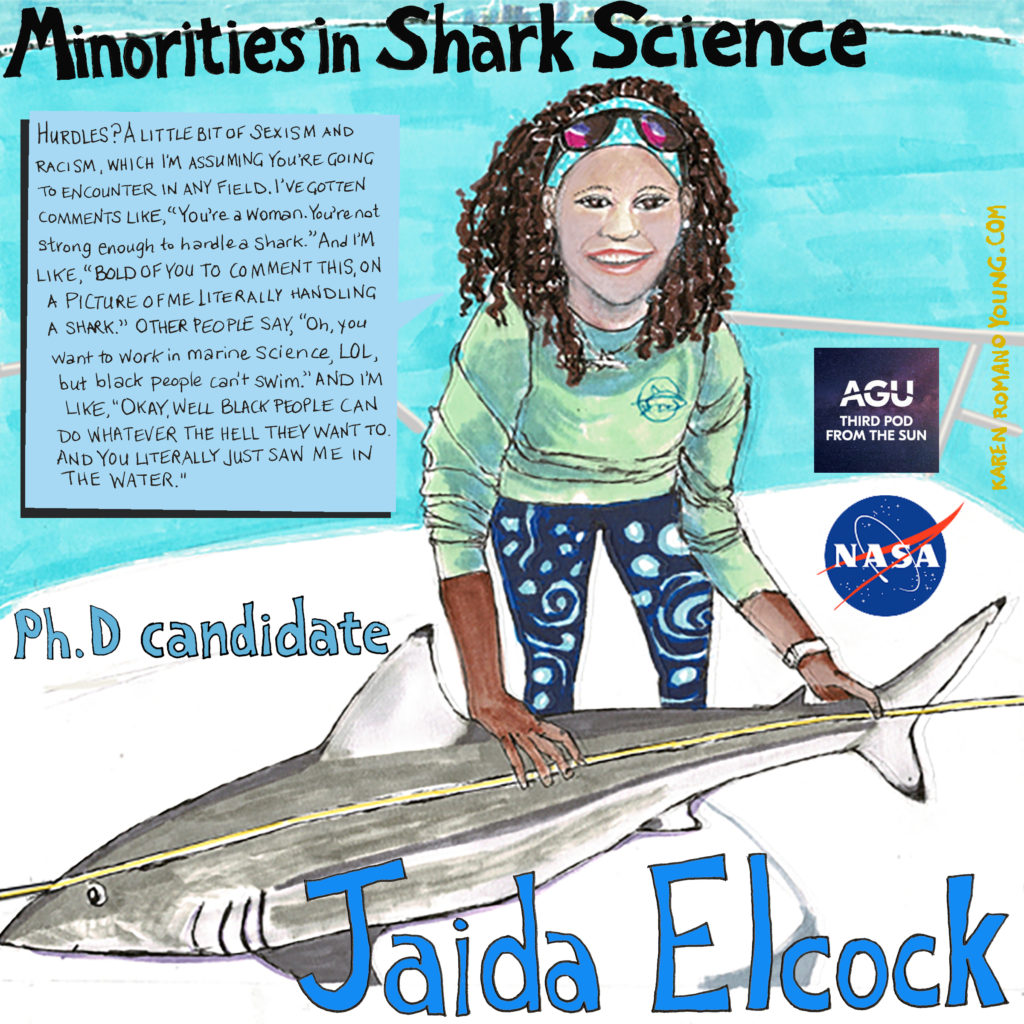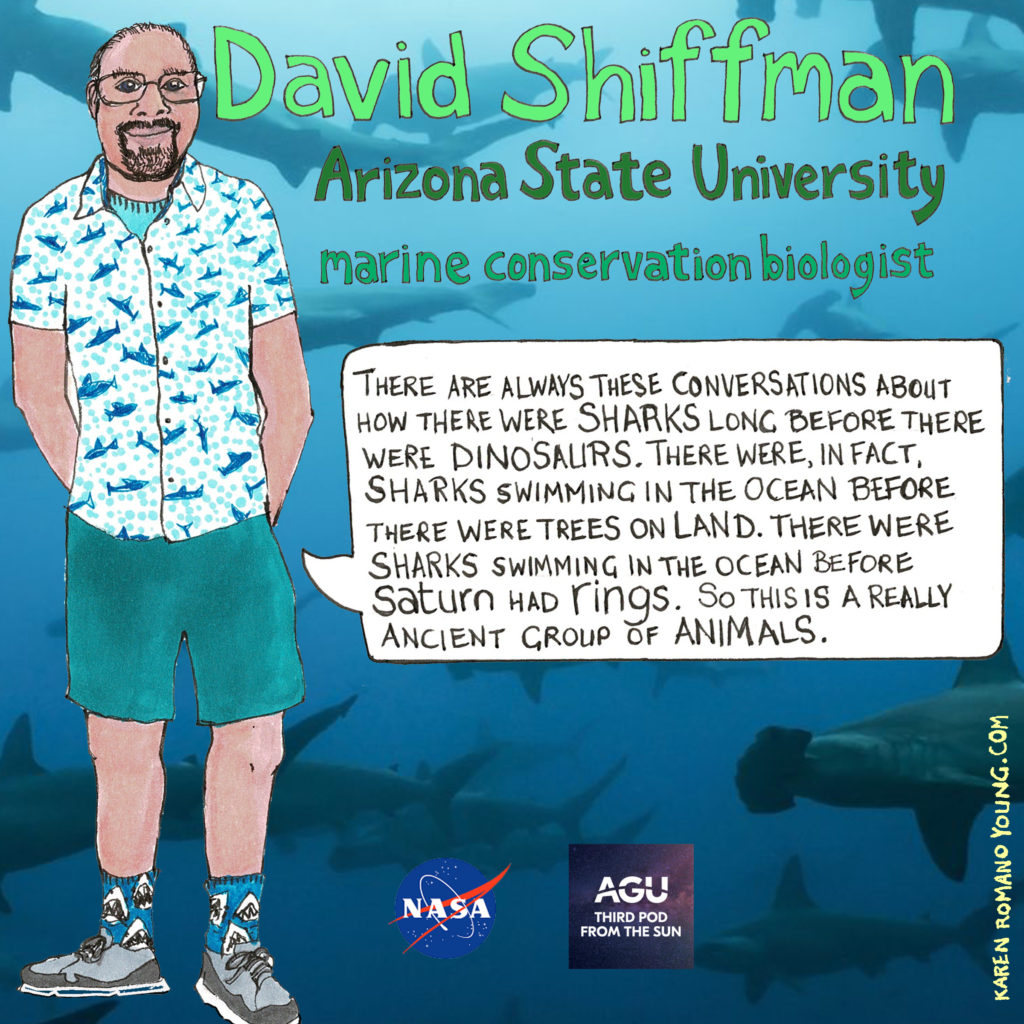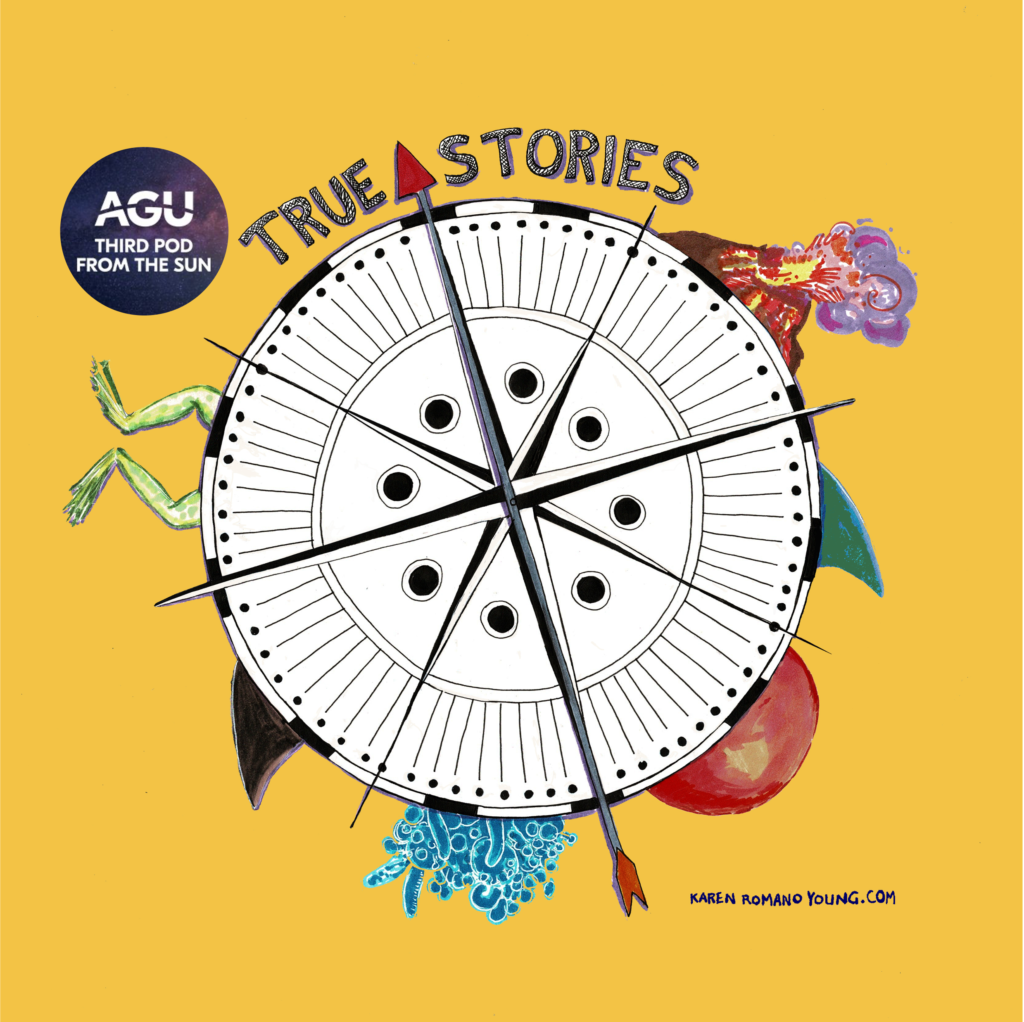Posts Tagged ‘Water’
22-Storied careers: Ocean sensors and dog scenters
Tommy Dickey is an emeritus oceanographer from U.C. Santa Barbara and Naval Operations Chair in Ocean Sciences. His modeling and observational research yielded ocean monitoring technologies and tools. For retirement, Tommy trains and deploys Great Pyrenees as therapy dogs, while studying scent dogs’ capacity to detect COVID-19.
Read More21-Storied careers: Scouring seas from the skies
This episode is about how satellite technology is being used to study a big chunk of the earth’s surface. Seventy percent of the earth comprises water but we know very little about it. Color sensors aboard some satellites can actually reveal a lot about phytoplankton or microalgae blooms that are linked to ocean temperatures. These tiny organisms contribute to half the photosynthesis on the planet.
Read More16-Ice: Shells of an ice-less past
Brian Huber is a climate detective at the Smithsonian who grew up collecting arrowheads in the woods of Ohio, but now collects and studies fossils from sediment cores. Brian uses fossils of tiny organisms − foraminifera − to track climate over millions of years, including the Cretaceous Hot Greenhouse climate.
Read More14-Ice: Glacier tourism on thin ice
Glaciers around the world are melting because of climate change. Yet, while glaciers might be smaller than they once were, that’s not stopping tourists from flocking to see them.
Read More13-Ice: The ice ships of Project Habbakuk
Dive down into the freezing depths of Patricia Lake, in Alberta’s Jasper National Park, and you will find the wreck of the Habbakuk—a sixty-foot model battleship originally constructed of wood and ice.
Read More12.5-A podcast of ice and fire
Cool off from the summer heat with our next six-part miniseries all about ice – from those who call it home to its use as a tool in science.
Read More6.5-Extinctions: Dinosaurs, volcanoes, the space station, oh my!
Join us for our next six-part miniseries on Extinctions as we learn about the demise of the dinosaurs, what makes a comet “extinct,” the Cambrian and Triassic periods, volcanoes, and the aforementioned (planned) fiery end of the International Space Station!
Read More4-True story: Using TikTok for (shark) science good
Jaida Elcock says she thrives in chaos. And we’re inclined to believe her. From her ridiculously entertaining TikToks on animal facts, to her work with the non-profit Minorities in Shark Sciences (oh, did we mention she’s currently pursuing her Ph.D.), she seems to be managing that chaos pretty well. We talked with her about all of her endeavors, her inspiration from conservationist Jeff Corwin, and what (or who) she would like to see in science.
Read More1-True story: Slapped by a (misinformation) shark
David Shiffman is a shark guy. It’s in his Twitter handle, he’s writing a book about it, and he was wearing a shark shirt the day we interviewed him. But more broadly he’s a marine conservation biologist, meaning he studies all sorts of ocean-going animals.
Read MoreTrue (science) stories you’ve never heard before
Third Pod from the Sun is back, and we’re going weekly! Join us as we combat misconceptions about sharks, learn how to lasso lizards, hear from a Martian here on Earth, spark science joy via Tiktok, journey to Antarctica, and fight over food with some capuchins!
Read More
